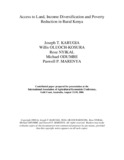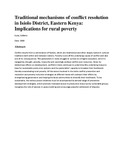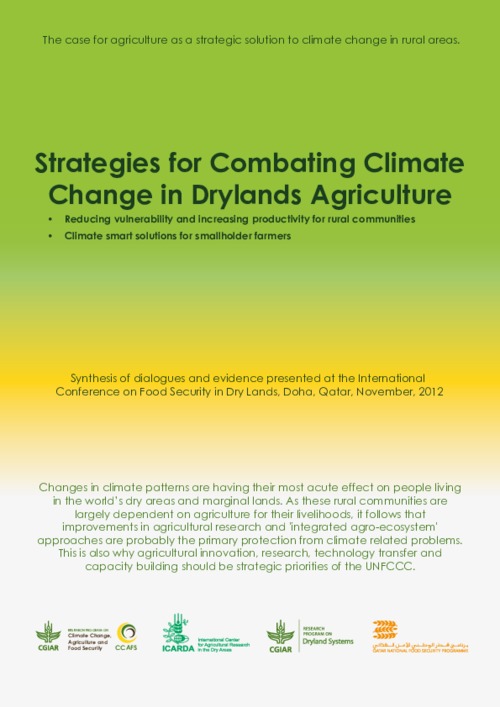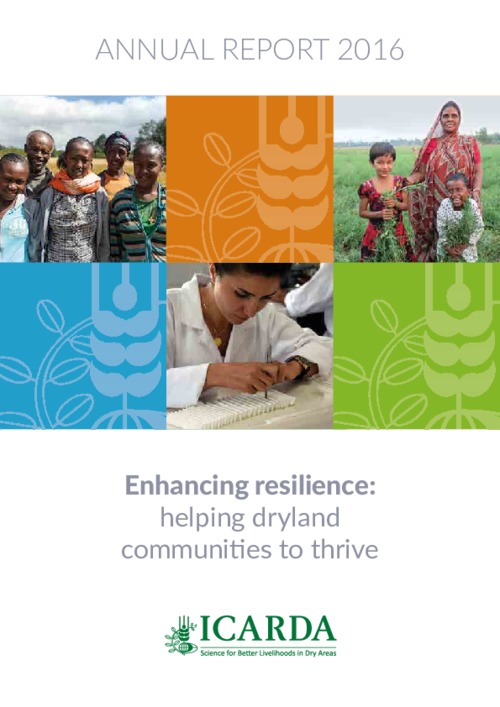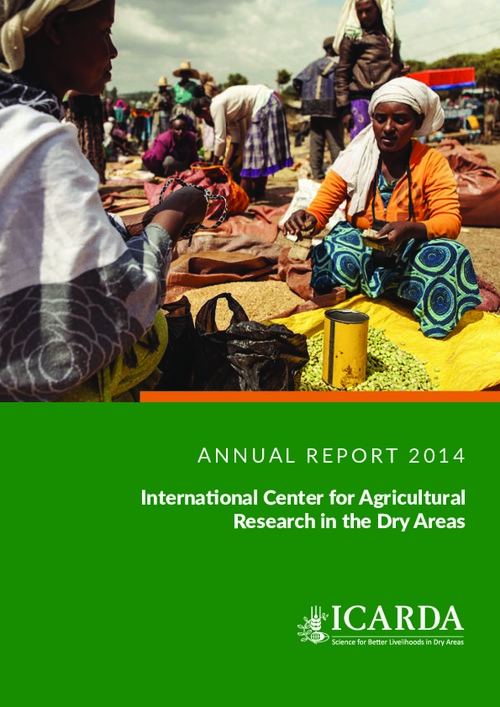Access to Land, Income Diversification and Poverty Reduction in Rural Kenya
he increasing land scarcity and the worsening trend of poverty in Kenya in recent years have raised concerns about the focus on land-based agriculture as the basis of growth in the rural areas. This paper combines two complementary data sets obtained from two locations in Kenya, drawn against distinctively different land availability patterns, to examine the diverse rural asset base and key sources of livelihood in the rural areas.

